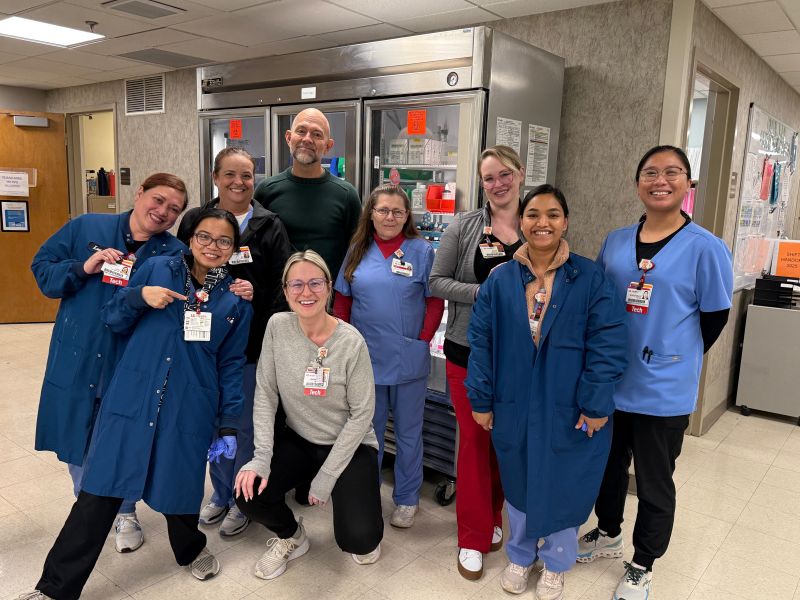Specialist In Cytology (SCT(ASCP)), In the rapidly evolving field of medical laboratory sciences, professionals with specialized expertise play a critical role in accurate disease diagnosis and patient care. One such credential that stands out is the Specialist in Cytology (SCT(ASCP)), a certification recognized for demonstrating advanced knowledge and proficiency in cytology.
What is a Specialist in Cytology (SCT(ASCP))?
A Specialist in Cytology (SCT(ASCP)) is a certified professional who has achieved the highest level of recognition in the field of cytology through the American Society for Clinical Pathology (ASCP). Cytology involves the study of cells from various body sites to detect abnormalities, infections, or cancers. Professionals holding this certification are equipped with the skills to evaluate cellular specimens from Pap smears, fine needle aspirations, and other cytologic samples with precision.
Eligibility Requirements
To pursue the SCT(ASCP) credential, candidates typically need:
-
A bachelor’s degree in medical laboratory sciences, biology, or a related field.
-
Extensive practical experience in cytology, often requiring several years of work in a clinical or laboratory setting.
-
Successful completion of the ASCP Board of Certification cytology examination.
These prerequisites ensure that only highly trained and experienced professionals can earn the SCT(ASCP) credential, maintaining the integrity and credibility of the certification.
Importance of SCT(ASCP) Certification
The SCT(ASCP) certification is more than a professional title; it represents expertise in diagnosing cellular abnormalities that can directly impact patient treatment and outcomes. Certified cytologists can:
-
Accurately identify precancerous and cancerous cellular changes.
-
Aid in early detection of diseases such as cervical, lung, and thyroid cancers.
-
Provide crucial information for clinical decision-making in collaboration with pathologists and physicians.
Employers highly value SCT(ASCP) certification, as it demonstrates a commitment to excellence and ensures the practitioner meets rigorous professional standards.
Career Opportunities
Professionals with SCT(ASCP) credentials have access to advanced career opportunities in hospitals, diagnostic laboratories, research institutions, and academic settings. They may work as lead cytotechnologists, laboratory supervisors, educators, or researchers, contributing significantly to patient care and medical research.
Maintaining Certification
Certification is maintained through continuing education and periodic recertification exams, ensuring that SCT(ASCP) professionals remain current with advances in cytology, laboratory techniques, and diagnostic technologies.
Conclusion
The Specialist in Cytology (SCT(ASCP)) credential represents the pinnacle of achievement for cytology professionals. It underscores expertise, precision, and dedication to advancing patient care through meticulous cellular analysis. For those passionate about cytology and committed to lifelong learning, SCT(ASCP) offers recognition, career growth, and the satisfaction of contributing to accurate disease diagnosis.
You Might Also Like These:
what is the difference between mrcog and frcog
sple exam for pharmacist requirements

